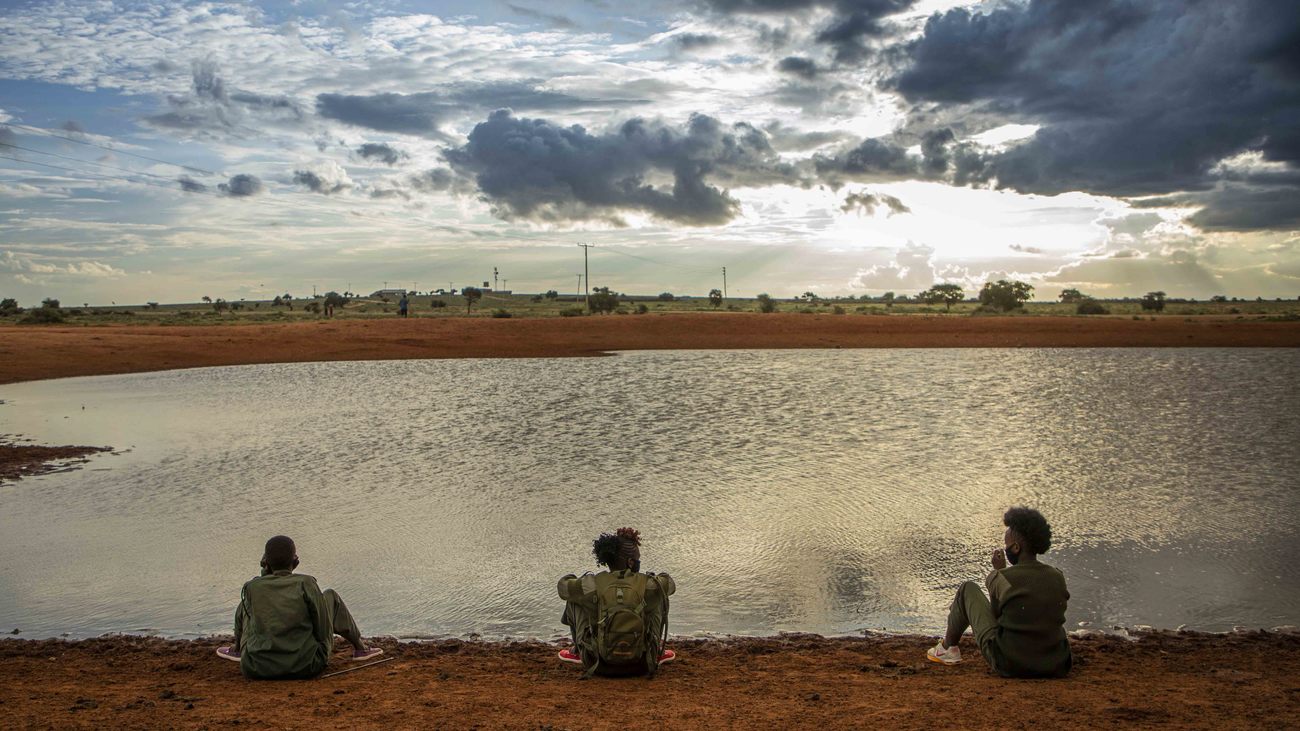Blog
Long’uro: one elephant’s story of immense resilience
Read moreifaw invests in UN vetted projects to offset carbon footprint

Climate change impacts everything–from human health, to endangered species, and the landscapes we call home. Reducing global greenhouse gas emissions is a daunting task, but together, we can join efforts to make long-lasting impact. Individuals, governments, businesses and organizations all have a role to play in the fight to reverse climate change. That’s why IFAW is holding itself accountable for the environmental impact of our operations.
This year, we conducted a greenhouse gas inventory to calculate and monitor our organizational carbon footprint. To offset these emissions, we chose to invest $6,500 USD in four projects from the United Nations Climate Neutral Now platform, all vetted by the United Nations Framework Convention on Climate Change (UNFCCC). The projects we chose are located in Uganda, India, Malawi, and China—four countries where we have IFAW projects and support local communities on the ground.
Run by Ripple UK, the Improved Cook Stove Project is based in Malawi and benefits approximately 200,000 people. The goal of the project is to replace traditional three-stone cooking fires with fuel efficient stoves. Traditional stoves require extensive amounts of wood, which leads to deforestation and produces large amounts of smoke that can cause health issues. The new “green” stoves save 80,000 bundles of wood per week, drastically reducing carbon emissions and giving valuable time back to the women who used to collect firewood. Funds from the sales will help support additional local community efforts like tree planting initiatives, fish conservation, education and healthcare services.
Simoshi brings institutional improved cook stoves (IICS)) to schools in Uganda, helping communities switch from 3-stone stoves to efficient ones. The enterprise helps the schools maintain the stoves for free for five years and trains kitchen staff to ensure firewood reductions are continually achieved. Through this relationship, they’ve developed a great sense of trust with the community.
Through the Timarpur Okhla integrated waste processing facility, 2,000 tonnes of solid waste is used to produce 16MW of renewable energy per day. The project is the first of its kind in India and an incredible success for the Delhi community. Not only does it reduce methane gas and other greenhouse gases, but it also recovers metals to support recycling efforts.
Located in the Henen Province of China, the Nanyang Danjian River Solar Cooker Project plans to distribute and install 48,000 sets of solar cookers to rural households. Certified as a Gold Standard project, the initiative supports five Sustainable Development Goals (1 - no poverty, 3 - good health and wellbeing, 7 - affordable and clean energy, 8 - decent work and economic growth, and 13 - climate action). Based in one of the poorest areas of China, the project helps boost the local economy and reduce greenhouse gases for families who previously relied on coal to cook food and boil water.
Every problem has a solution, every solution needs support.
The problems we face are urgent, complicated, and resistant to change. Real solutions demand creativity, hard work and involvement from people like you.
Unfortunately, the browser you use is outdated and does not allow you to display the site correctly. Please install any of the modern browsers, for example:
Google Chrome Firefox Safari